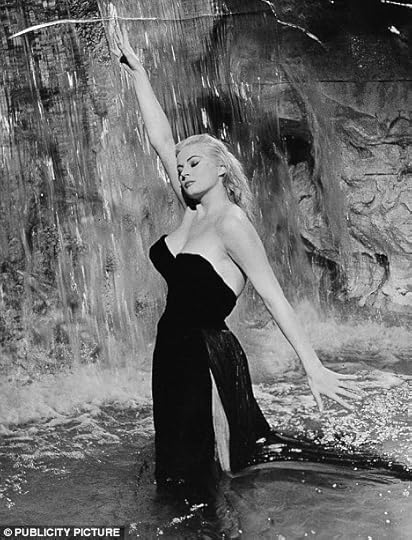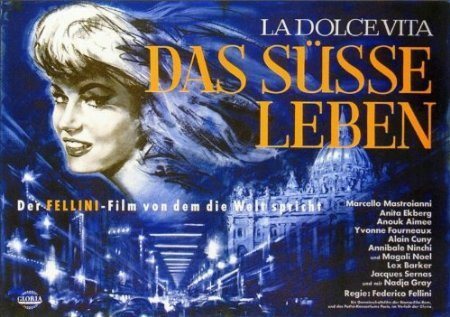Paparazzi and other words named after people
We probably all know that the wellies we might wear to go on walks through muddy fields are named after the Duke of Wellington, the “Iron Duke”. Perhaps less well known is the link between the mac ��� in British English, at any rate ��� that we might also wear and its inventor, the deviser of the waterproof cloth from which macs are made, Charles Macintosh (1766���1843), the Scottish inventor who patented the cloth. Many units of scientific measurement, both everyday and more specialized, are named after their discoverers: the Italian physicist Count Alessandro Volta gave us volts, the Scottish engineer James Watt gave us, er, ��� watts, and the British Lord Kelvin gave his name to the units in which absolute temperature is measured.
Such words, derived from someone���s name, are technically called eponyms, a word created in the 19th century from the Greek ep��numos “given as a name, giving one’s name to someone or something”, from epi “upon” + onoma “name” (�����������������; ������� + �����������, Aeolic ����������� name). The same Greek word for ���name��� has given English also anonymous and synonym(ous). And when people refer to the eponymous hero of such and such a novel, e.g. Fielding’s��Tom Jones, they mean that the title of the novel is its protagonist’s name.

Phwoooar! (That’s enough!–Ed.)
paparazzo�������a freelance photographer who pursues celebrities to take and then sell photographs of them. It may be a bit of a surprise that this word is an eponym; as in the case of knickers, the character who gave us the name is fictional. In Italian film director Federico Fellini���s classic 1959 La Dolce Vita, Paparazzo is the surname of a photographer who works with gossip columnist Marcello Mastroianni. The character is based on a real-life Roman celeb-snapper of the era, a certain Tazio Secchiaroli.
If you enjoy this blog, and find it useful, there’s an easy way for you to find out when I blog again. Just sign up (in the right-hand column, above the Twitter feed) and you’ll receive an email to tell you. “Simples!”, as the meerkats say. I shall be blogging regularly about issues of English usage, word histories, and writing tips. Enjoy!
As with some other Italian words (graffiti, spaghetti, panini), English does not always respect (and why should it?) the singular/plural distinction of the original Italian: 1 paparazzo, 2 paparazzi. Because paparazzi generally hunt in packs, the plural form paparazzi is much more frequent than the singular in any case, and is quite often used as a singular, instead of the technically “correct”��paparazzo.
The Scottish guy I met who moved here to be��a paparazzi��has moved elsewhere.
Montreal Mirror, 2004.
He published the photographs – taken by��a paparazzo��who gatecrashed the wedding – to defend the economic interests of his magazine, he added.
Yorkshire Post Today, 2003
��Occasionally paparazzi seems to be interpreted, as far as I can judge, as a collective noun, and accordingly is used with the singular verb agreement obligatory for collective nouns in American English:
I was actually thinking that Michelle Obama will be the one that the paparazzi takes the most pictures of, you know, detailing, you know, her every outfit.
CNN (transcripts), 2008.
Filed under:





